Phishing scams have been around for a while, but they’re still as dangerous and prevalent as ever – especially for small businesses. If you’ve found yourself the victim of a phishing attack at any point in the past, then you know it can be an incredibly costly experience. Don’t let your business get hooked by cybercriminals! In this blog post, we’ll provide some essential tips to help spot and avoid phishing attacks so you can keep your sensitive data safe. Read on to learn more about how to stay one step ahead of hackers!
What is Phishing and How Does it Work
Phishing is a type of online fraud that uses email, text messages, and websites as vehicles to steal confidential information from unsuspecting victims. It works when scammers send fake emails or texts that appear to be from legitimate sources—like financial institutions, service providers, or even friends. These messages contain links to malicious websites that often clone the appearance of real ones—all to trick people into entering their personal information. The best way to deal with phishing is through good anti-spam measures and being aware of what you click on or provide information for. That usually means being careful about clicking links embedded in messages from unknown senders, never providing personal information without verifying the source, enabling two-factor authentication (when possible), and avoiding public Wi-Fi networks when transferring sensitive data.
Warning Signs of a Phishing Scam
Beware of phishing scams! There are certain tell-tale signs you can look out for that criminals may employ to get access to your personal and financial information. These perpetrators can be very convincing with their fake emails, websites, and phone calls. To ensure email security, watch out for emails coming from an unverified source, spelling errors in the email address or body of text, the presence of attachments or embedded links, threats or rewards to take immediate action, and offers of gifts that seem too good to be true. If you recognize any of these warning signs while reading an email, stay away from it no matter how official it looks! Do not fill out forms or provide sensitive information through unfamiliar sources.
Tips for Keeping Your Personal Information Safe
Online safety is paramount in today’s digital world. Keeping your personal information secure begins by understanding the different ways your data can be exposed and then proactively putting measures in place to protect it. A great way to get started is by implementing blacklisting and whitelisting. Blacklisting is when specific email addresses, IP addresses, and websites are blocked from accessing your services. Whitelisting involves allowing only certain senders to contact you, as well as setting up two-factor authentication for higher security. You might also consider hiring an IT team or enlisting the help of a managed threat response provider who can monitor external online activity and respond quickly with corrective measures if any malicious activity is detected. By taking these precautionary steps, you’ll be confidently protecting your digital data like a pro!
Strategies to Avoid Falling Victim to Phishing Attacks
With cybercrime on the rise, it is more important than ever for companies and individuals to know how to spot phishing attacks. One of the best strategies to do this is through dedicated training. Training employees can give them essential skills in identifying phishing attempts from even seemingly legitimate sources. It’s also vital that any training program is updated and repeated regularly; new methods are constantly being developed by hackers and scammers, so staying aware of the latest threats is a priority. The good news is that there are many educational resources available, both free and paid-for, so anyone can stay one step ahead of those out to cause havoc with their malicious schemes.
Ways to Report a Phishing Attempt
If you’ve encountered a phishing attempt on your computer, don’t panic – there are steps you can take to report it. First and foremost, install anti-virus software on your machine to protect yourself against further attacks. Then, be sure to report the incident to the relevant authorities either online or in-person with the support of technical staff. Additionally, contact any financial institutions that may have been affected by the attack and take necessary precautions to avoid its potential consequences. It’s important to be aware that phishing attempts can happen everywhere – so remain alert when online and make sure you’re taking all necessary steps to protect yourself from such malicious activity!
Best Practices to Remember When Using the Internet
Using the internet should be fun and informative, but it’s important to remember to remain vigilant and safe when browsing. Best practices such as keeping your computer updated with the latest security patches, maintaining good passwords that are difficult to guess and changing them often, regularly reviewing your accounts for suspicious activity, protecting sensitive information online, and avoiding clicking on links or downloading attachments from unknown sources can all help you keep your digital world more secure. It is also important to remember not to post personal information online that could be misused – so always think twice before posting! Finally, make sure you know how to contact your internet service provider in case you ever suspect something suspicious. With these best practices in mind, you can enjoy your time online more consciously and securely.
Conclusion
In conclusion, phishing is a real danger in our information-laden world. Thankfully there are plenty of warning signs and precautions to keep you safe from these scams. By familiarizing yourself with phishing threat tactics and staying up-to-date on security best practices, you can minimize your risk of falling victim to a scam. Keeping your personal information secure begins by being aware. Educate yourself and those around you about phishing and the signs of danger—it pays off when it comes to protecting yourself from malicious attack schemes. Everyone makes mistakes, but by educating yourself about the facets of cybercrime more broadly, we can strive towards digital safety together as a unified front against cyber intruders—because knowledge is certainly power in this digital age.






